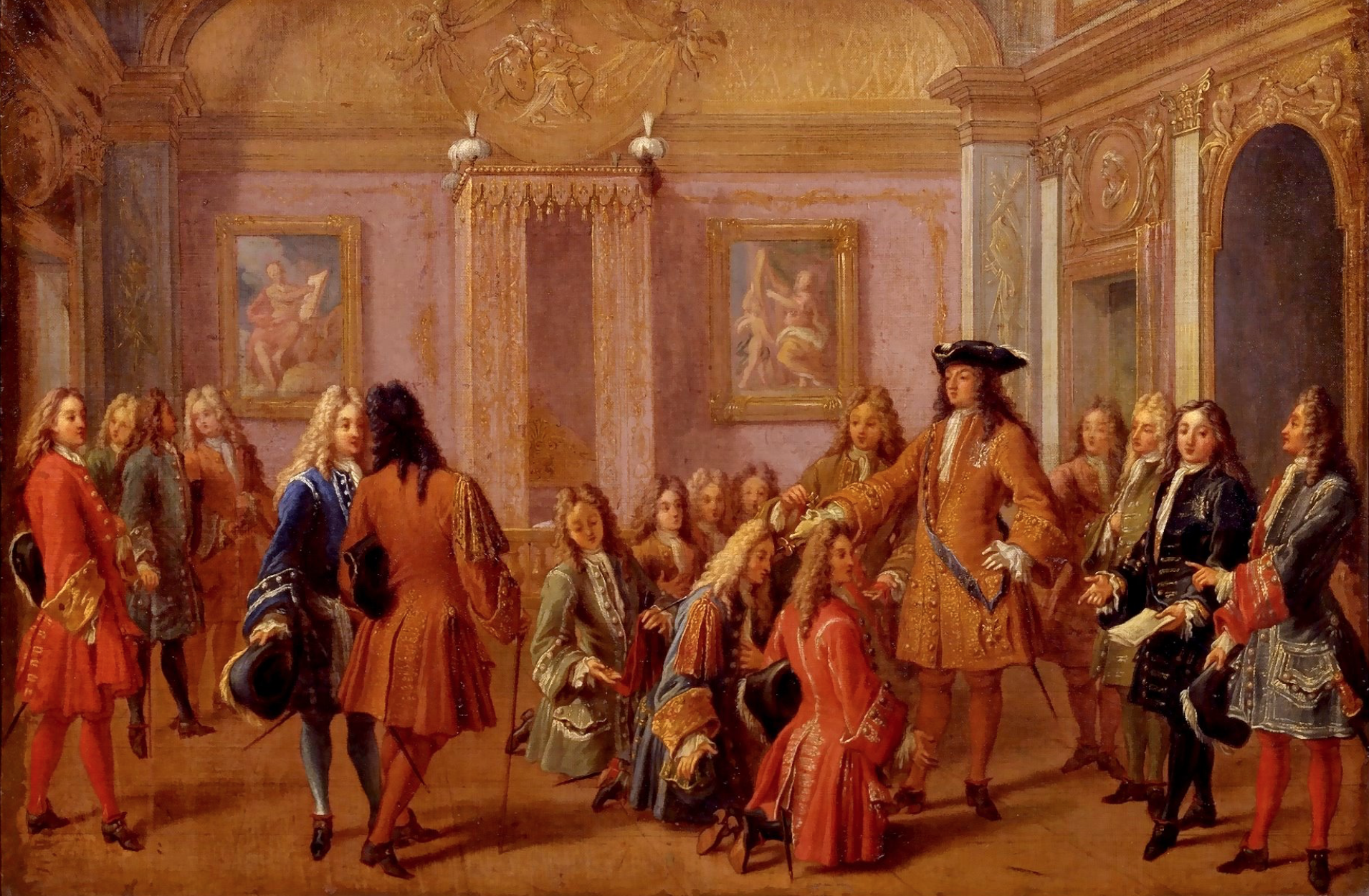Traditions have a purpose, and it’s not tradition
We cannot be slaves to tradition, we must be able to critically ask why they even exist.

When I was a child, May always felt like a flare into the sky. It was notice that in just a short couple weeks I'd be on summer vacation. Those three magical months were always an escape. Trips to South Africa, the cool air condition at the movies, sweltering afternoons in the pool, and fun-filled days at the beach.
Then I'd get back to school in September, and I wouldn't be able to remember a lick of what I'd learned the previous year. I wasn't spending the summer remembering anything except how much I was dreading going back to school in the fall.
It turns out that this is a phenomena called the Summer Slide, it's when children and teenagers forget what they learned during summer vacation. So why do we even have a summer vacation if kids come back to school regressing? It's because back in the old days, before air conditioning, cities and schools would boil over with how hot it was.
Parents would take their kids out of school and head to the cooler countryside, where they could enjoy ice cold lemonade and days at the lake. Eventually, when school became mandatory, there was a call for a unified school calendar and the summer vacation was officially born. The tradition has stuck, even though the original purpose is no longer valid.
We now have air conditioning, which means we could shorten summer vacation so that kids could better remember their schooling, reducing regression and getting them onto learning new things more efficiently.
Tradition is easy and convenient, allowing us to simply do, and enabling us to avoid a common human fear: change. We fall into routines and ways of life, and shaking us from that is difficult. You can see people rage when Facebook, Snapchat or Instagram change how things work. It's even worse for big, cultural anchors, ideas and traditions that people build their lives around. Trying to change those feels like an attack on us individually, even though it isn't. It makes us feel like we're being attacked at our core, and we recoil.
A lot of the time, the traditions we keep up are innocuous, like white wedding dresses. White garments used to be a sign of wealth, mostly because we didn't have the technology to properly clean white clothes. Because of that, a lot of white clothes were single use. You'd wear it once and throw it away, so only the rich could afford white. Wedding dresses simply used to be the nicest dress you had, whether it was brown or yellow or blue.
The white wedding dress bloomed in popularity after Queen Victoria wore one. Similarly, white wedding cakes were also seen as an indulgence because white sugar was more expensive than brown sugars, making a white wedding cake more expensive. But once Queen Victoria had a white wedding cake, others followed. On a larger level, the British Royal Family certainly influences a lot of our traditions.
It's when traditions are used to oppress and control that problems arise. We've seen this a number of times throughout history. A more modern example is in India, where for a long time low population density and rural lands meant defecating out in the open was a viable option. People weren't comfortable relieving themselves near their home because they felt it unsanitory, especially as many homes have small temples for praying in them.
As the population grew, and rural lands became bigger villages, people needed to venture out to darker and more dangerous territory to go to the bathroom. While men had a simpler time, women often risked sexual assault to complete a basic human need. The tradition, which once had a purpose, had failed to keep up with changing times, and therefore grew outdated and became dangerous.
Tradition can be a wonderful thing when wielded correctly. It can foster community, legacy, and family. It can act as the foundation of a shared cultural identity, which allows people to feel like they belong somewhere. It can also make things simpler, like knowing that you'll have turkey on Thanksgiving.
Or, it could be traditions we've developed and refined for thousands of years of human culture. Things that we've found help us, so we keep doing and adjusting them for our times. Like social etiquitte - saying hello, thank you, and generally being pleasant - or even something like citizenship, cohabitation, and marriage.
But we cannot be slaves to tradition. We should not practice tradition for the sake of tradition. There always needs to be a healthy skepticism about how and why a tradition was invented in the first place. We need to be honest with ourselves about whether a tradition still makes sense for us in the present, and whether we can change it to better suit us in the future. Traditions have a purpose, and it's not tradition.
